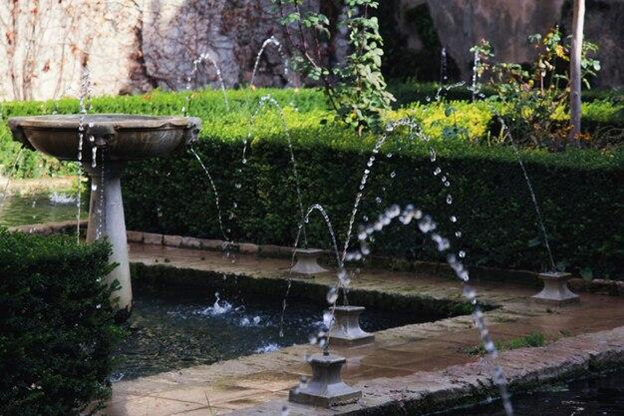For many homeowners, a lush, thriving garden is a source of pride and enjoyment. However, maintaining a beautiful landscape can be water-intensive, especially in areas with limited rainfall. This is where exploring alternative water sources, like boreholes, comes in.
Groundwater can be a sustainable and cost-effective way to irrigate your garden, reducing reliance on municipal water supplies. But using bore water effectively requires some knowledge and planning.
Here are some top tips to help you unlock your garden’s potential with bore water irrigation.
1. Understand Your Well Water Characteristics
Before you start watering your prize roses with bore water, it’s crucial to understand its unique characteristics. Unlike municipal water, bore water can vary significantly in mineral content, pH level, and salinity.
High levels of certain minerals like sodium or boron can be detrimental to some plants. Scheduling a bore water test is an essential first step. This analysis will reveal the specific properties of your water source and allow you to make informed decisions about its suitability for irrigation.
2. Choose Plants Wisely
Not all plants are created equal when it comes to bore water tolerance. Some species thrive in even saline conditions, while others are highly sensitive to specific minerals. Research your local native plants, which are naturally adapted to your region’s water conditions.
Consider incorporating drought-resistant varieties into your garden design. These plants require less water overall, making them ideal for bore water irrigation.
3. Implement Efficient Irrigation Techniques
Even with suitable bore water, responsible water management is key. Traditional sprinklers can lead to water waste due to evaporation and overspray. Explore more efficient irrigation methods like drip irrigation or soaker hoses.
These systems deliver water directly to the root zone of plants, minimizing evaporation and maximizing water usage. Additionally, consider watering during cooler morning or evening hours to further reduce evaporation losses.
4. Improve Soil Health
Healthy soil acts like a natural sponge, retaining water for your plants. By enriching your soil with organic matter like compost or mulch, you can improve its water holding capacity. This allows you to use bore water more efficiently as the soil holds onto moisture for longer periods.
Additionally, healthy soil microbes can help break down some minerals present in bore water, making them more readily available for plant uptake.
5. Monitor Your Pump Levels
Sustainable bore water usage requires responsible management of the resource. Understanding your bore’s capacity and recharge rate is crucial. Monitor your bore water levels regularly, especially during periods of heavy use. Implementing rainwater harvesting systems can help supplement your bore water needs and reduce overall reliance on this valuable resource.
Final Words
And with that, this blog post comes to an end!
By following these tips and conducting proper research, you can leverage bore water as a sustainable and cost-effective way to nurture your garden. Remember, responsible bore water management ensures its continued availability for your gardening needs and future generations.

